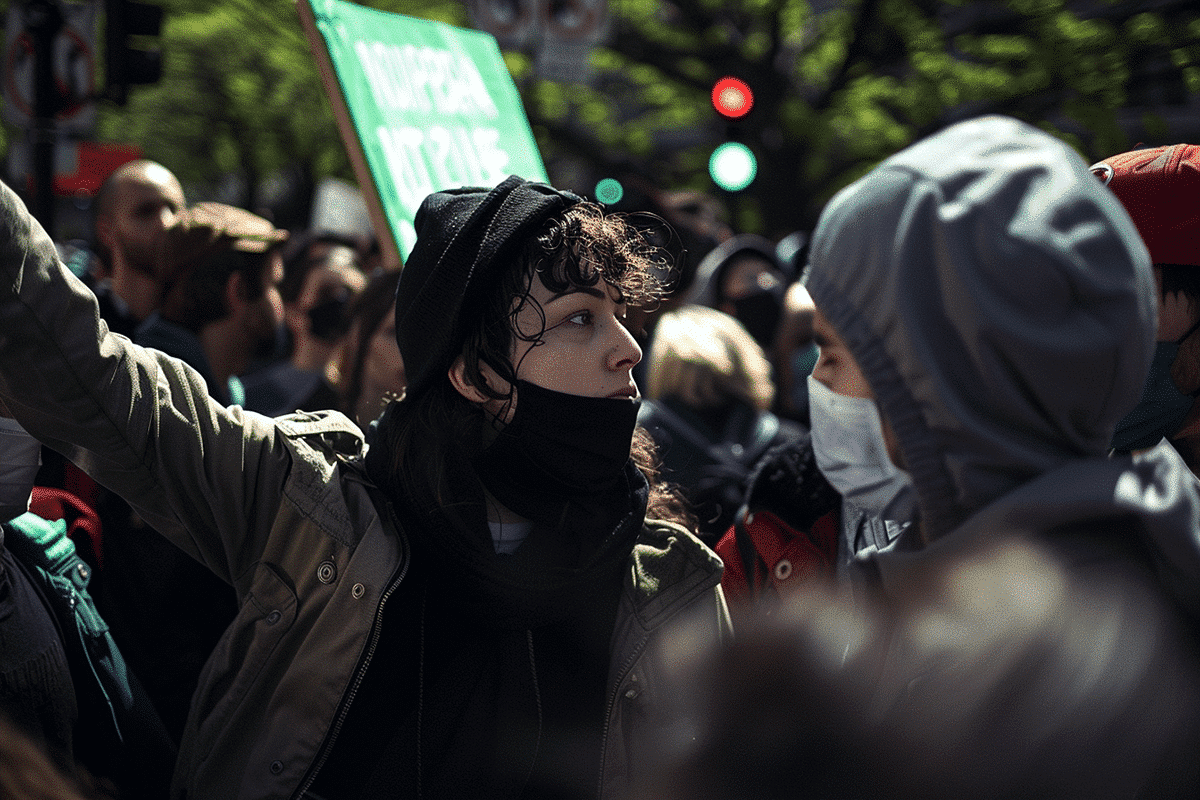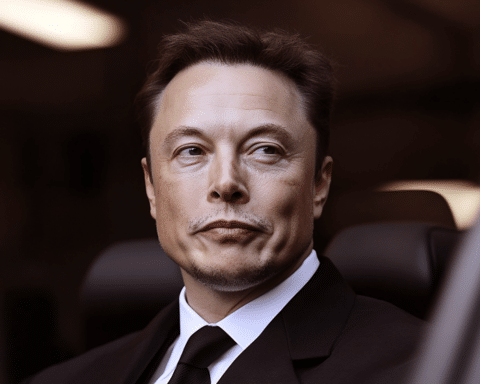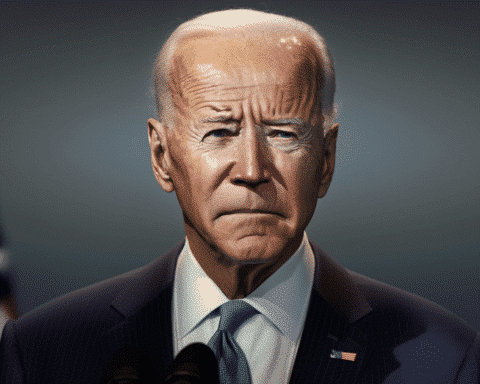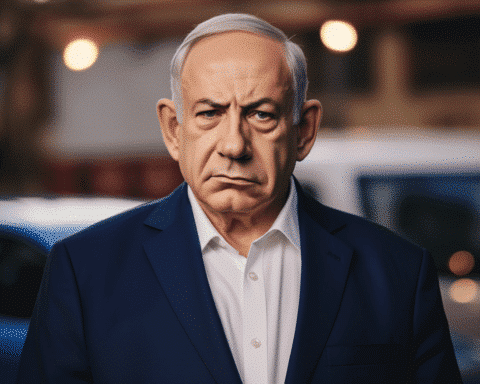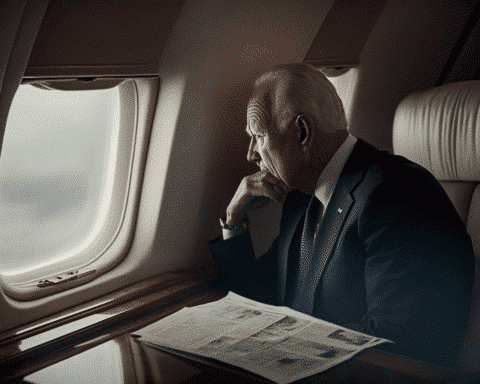As tensions escalate on college campuses nationwide, Democrats are bracing for potential chaos at their upcoming summer convention. The Democratic National Convention (DNC), scheduled to take place in Chicago on August 19, faces the specter of intense protests and clashes that could cast a shadow over President Joe Biden’s reelection campaign.
The catalyst for these concerns lies in the backdrop of pro-Palestinian demonstrations sweeping across university campuses. Critics of Biden’s handling of the Israel-Hamas conflict fear that these sentiments could spill over into the DNC, undermining the party’s unity and the president’s standing.
Already, a coalition of over 65 organizations in Chicago and beyond has formed to “March on the DNC,” challenging permit restrictions that confine demonstrations miles away from the convention site. Despite legal battles alleging First Amendment violations, protesters remain resolute in their determination to march on the event, potentially setting the stage for confrontations with law enforcement.
The parallels drawn to the tumultuous 1968 Democratic convention in Chicago are hard to ignore. Back then, a violent police crackdown on anti-Vietnam War protesters left an indelible mark on the party and its eventual nominee, Hubert Humphrey. Now, similar fears loom large as campus demonstrations and broader disapproval of Biden’s handling of the Israel-Hamas conflict fuel activists’ efforts.
Campus protests, largely focused on pressuring universities to divest from investments supporting Israel’s military, have been a persistent thorn for the Biden administration. Critics have branded the president as “Genocide Joe,” signaling deep-seated discontent among certain segments of the Democratic base.
Despite assurances from Democratic officials and security measures touted by authorities, concerns persist about the potential for unrest. Chicago Mayor Brandon Johnson has emphasized the city’s commitment to ensuring safety while protecting constitutional rights, pushing back against comparisons to the tumultuous events of 1968.
However, the current landscape differs significantly from that of 1968. Authorities assert that they are better prepared to handle potential disruptions, with increased security measures and federal assistance. The DNC has been designated a National Security Special Event, allowing for comprehensive security planning involving federal, state, and city resources.
While protests have become a fixture at both Democratic and Republican conventions in recent years, the level of violence witnessed in 1968 has not been replicated. Despite this, concerns linger over the potential impact on Biden’s reelection prospects, particularly as Republicans seize on the unrest to criticize Democratic leadership.
The Biden administration’s efforts to achieve a Gaza cease-fire and address concerns of American Jews worried about their safety demonstrate a delicate balancing act. The president has condemned violence and antisemitism, but dissent within the party persists, particularly among progressive voters and younger demographics skeptical of U.S. support for Israel.
As the DNC approaches, the question of how these tensions will play out remains unanswered. While some dismiss concerns as overblown, others see a potential powder keg ready to ignite. The outcome of this summer’s convention could have far-reaching implications for both the Democratic Party and President Biden’s reelection prospects.
